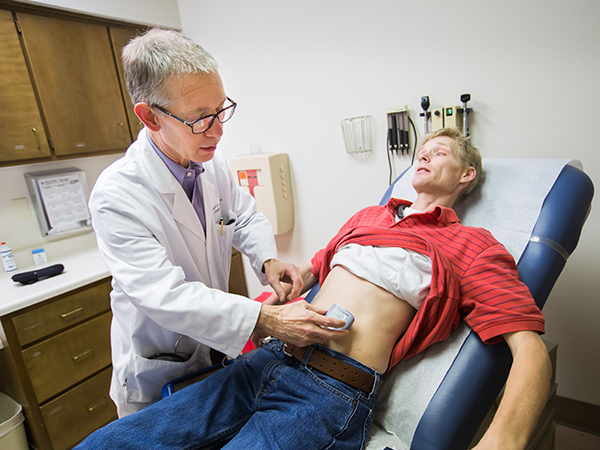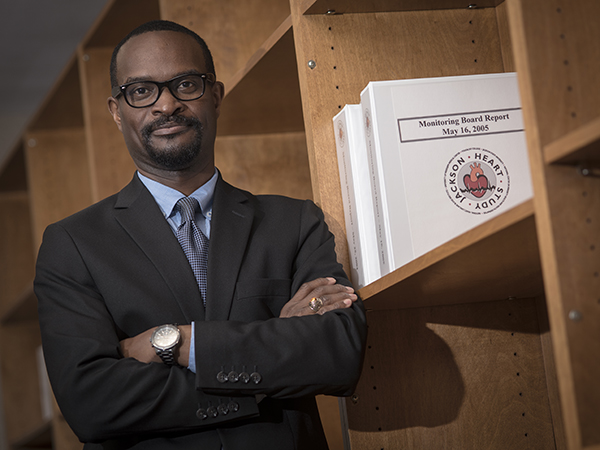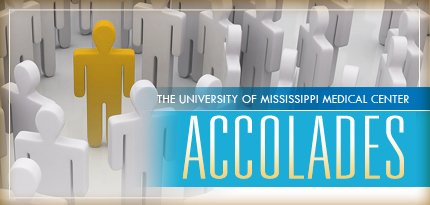|
If human health is a puzzle to be solved, then Dr. Mario Sims is putting the pieces together as the new chief science officer of the Jackson Heart Study. “I've always been fascinated by the process of teasing out and dismantling the social determinants of health,” said Sims, an associate professor of medicine at the University of Mississippi Medical Center. The JHS is a community-based prospective cohort study of cardiovascular disease in more than 5,000 African-Americans in Hinds, Madison and Rankin counties. Initiated in 2000, the study is a partnership between UMMC, Jackson State University and Tougaloo College. The National Heart, Lung, and Blood Institute and the National Institute for Minority Health and Health Disparities fund the study. Sims will work with the JHS director to promote research collaborations, mentorship and scientific productivity. A population health scientist and medical sociologist by training, Sims studies the “social factors that impact health and disease,” he said. While clinicians measure weight or blood pressure to determine disease risk, these aren't the only factors that influence health. Medical sociologists consider other factors, such as socioeconomic status and neighborhood. Sims gave an example. You're prescribed an antihypertensive drug. If taken as directed, it will control your blood pressure. But sometimes popping a pill isn't as easy as it seems. You may not be able to afford the medication. Maybe the pharmacy is too far from your home or you can't walk there safely. Perhaps a neighbor had an adverse reaction to the medication, so they discourage you from taking it. “Poverty, neighborhood safety, social structures…these kinds of factors influence behavior,” Sims said, and in turn impact health. When members of a subgroup face similar barriers to health compared to other subgroups, poor health outcomes likely contribute to widening health inequalities.
|
























